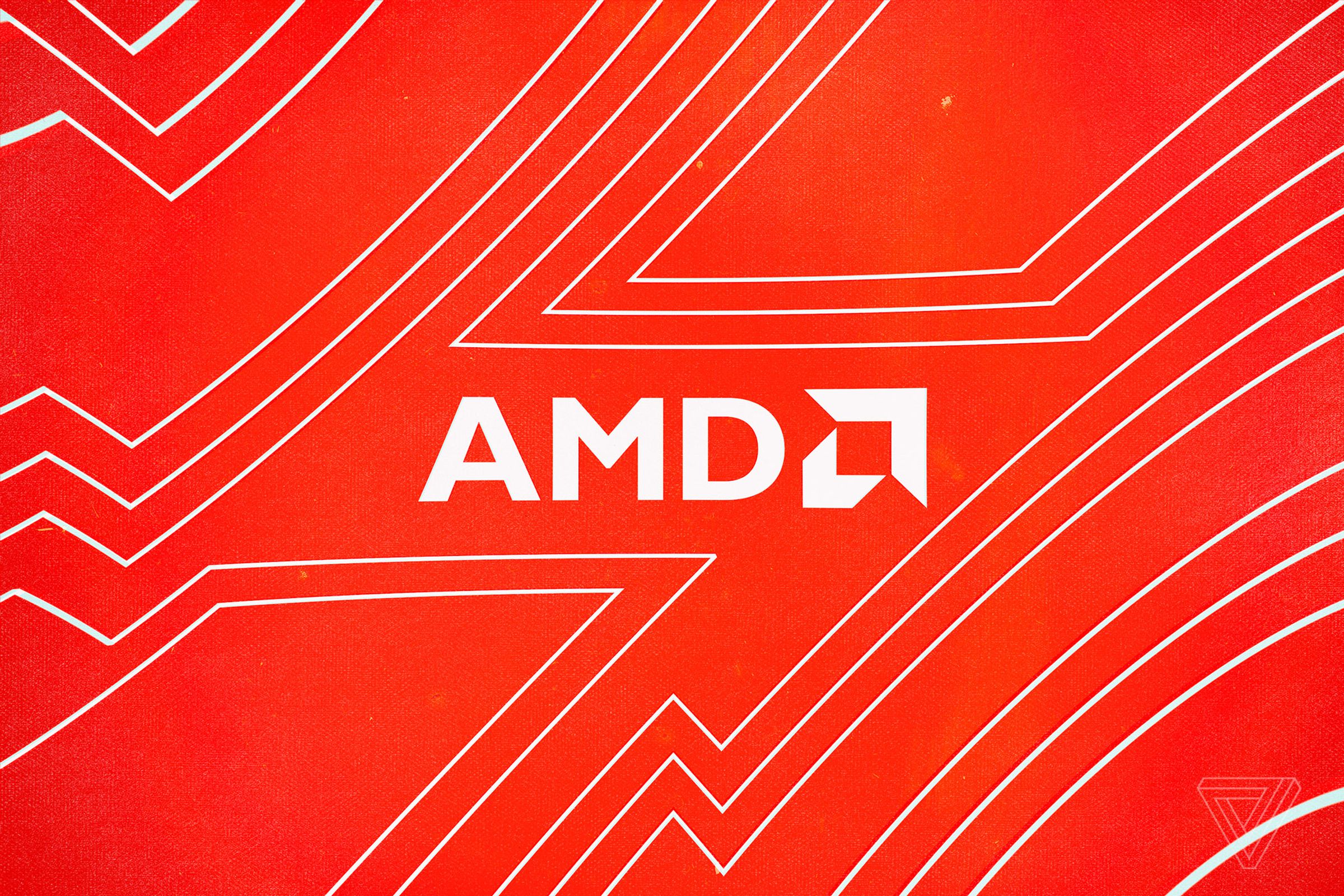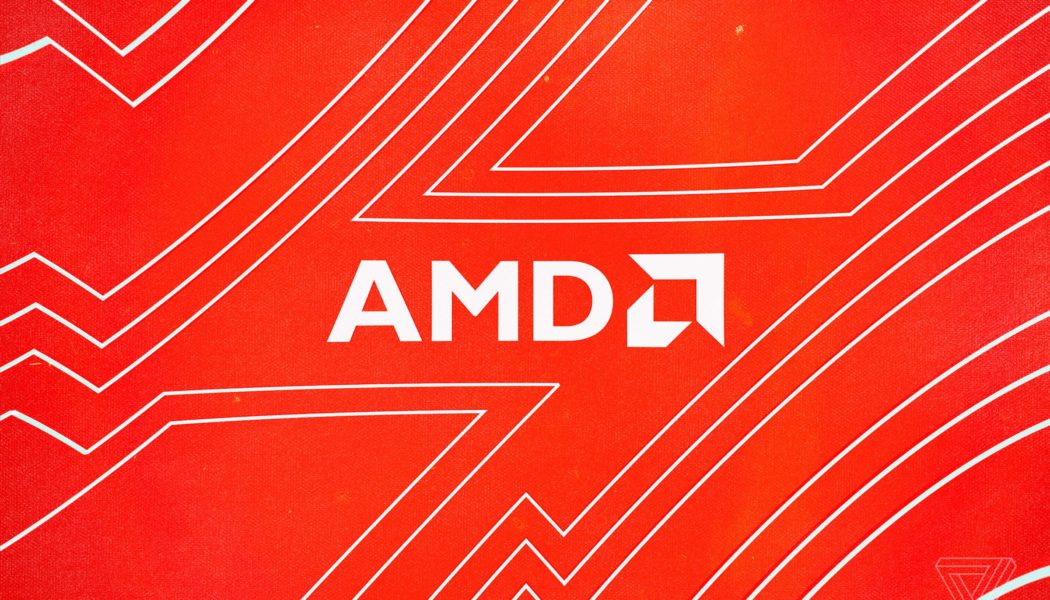AMD CEO Lisa Su says next quarter is the bottom.

People aren’t buying as many computers, and chipmakers are getting hit hard — but AMD thinks that should improve long before the year is out. “The first quarter should be the bottom for us in PCs,” AMD CEO Lisa Su said today on the company’s Q4 2022 earnings call.
Su predicts that the total addressable market for PCs will shrink 10 percent this year, down to around 260 million units. (IDC reported this month that 292.3 million PCs shipped in 2022, and both IDC and Gartner suggested it might take until 2024 to recover.) Su says AMD is expecting “a softer first half and a stronger second half.”
While AMD is predicting that both its client processor and gaming revenue will continue to drop next quarter — even as its new Ryzen 7000 desktop CPUs, 7000 laptop CPUs and RDNA 3 mobile chips make their way to shelves — Su says it actually has 25 percent more notebook design wins this year, with 250 different AMD-powered laptops set to go on sale.
The company’s profits sunk to just $21 million this quarter, a decline of 98 percent, but it says most of that was due to the Xilinx acquisition. Its revenue from client processors and gaming GPUs dropped 51 percent and 7 percent in Q4, respectively.
While AMD waits for demand to recover, Su says the company’s been “undershipping” its processors and GPUs into the market. While you can find some discounts due to the “marketing programs and pricing incentives in place,” Su says the company’s been focused on matching supply to demand as soon as possible. “We’ll undership to a lesser extent in Q1,” she says.
Research firm Gartner says the current PC slump “marks the largest quarterly shipment decline since Gartner began tracking the PC market in the mid-1990s.” It wrote that the combination of inflation, rising interest rates, “the anticipation of a global recession,” and the fact that many people already bought a new PC during the pandemic have all tanked demand for new computers.








